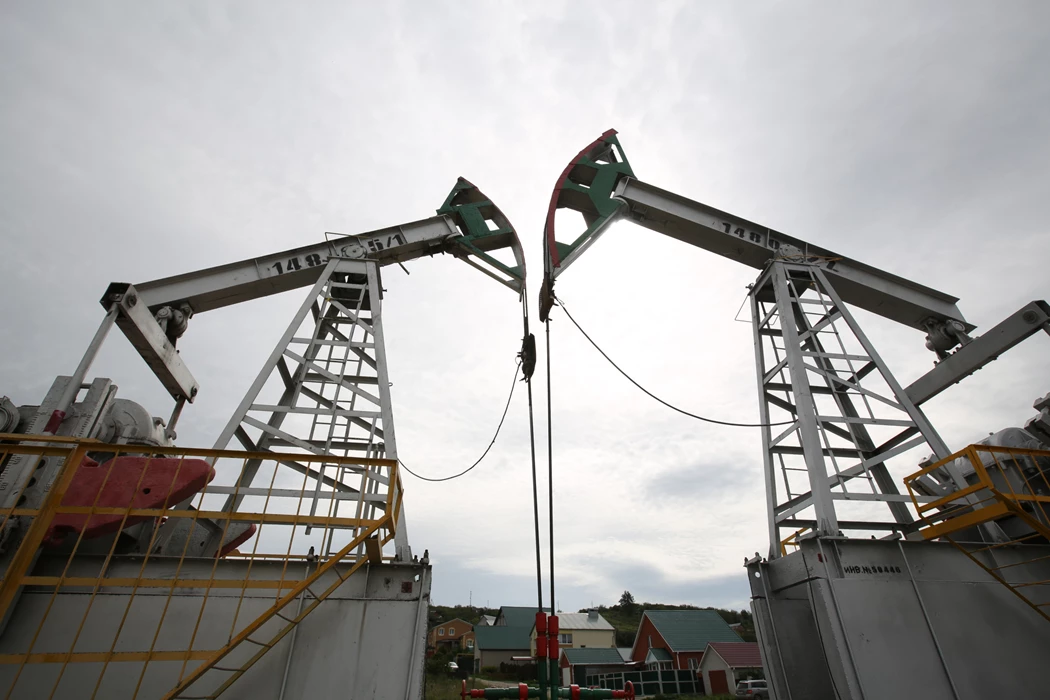Russia Oil Revenue Rose 50% in May as Nation Adapts to Sanctions
(Bloomberg) -- Russia’s oil proceeds to the state budget increased almost 50% in May from a year ago, as its crude prices rose and the nation adapted to international sanctions.
Oil-related taxes rose to 632.5 billion rubles ($7.1 billion) last month, according to Bloomberg calculations based on Finance Ministry data. Total oil and gas proceeds increased 39% to 793.7 billion rubles, the ministry said.
The revenue spike follows higher prices for Urals crude, Russia’s key export blend. The ministry calculated May taxes based on the Urals price of $74.98 a barrel, up from $58.63 a year ago. The blend’s discount to the global Brent benchmark has narrowed, even amid a price cap imposed by the Group of Seven nations.
The G-7 measure aims to reduce the inflow of petrodollars — key to financing the Kremlin’s war against Ukraine — by limiting access to western shipping and insurance services, while still keeping Russian on the global market. Moscow has adapted to restrictions, including a European Union ban on Russian oil imports, by using a massive shadow fleet of tankers and selling its oil to Asian clients.

On a monthly basis, oil and gas budget proceeds actually declined by more than 35% in May, according to Bloomberg calculations. The drop reflects the fact that one of Russia’s key oil taxes — the so called profit-based levy — is paid four times a year, in March, April, July and October.
Russia’s oil revenues last month could have been higher if they hadn’t been dented by enormous subsidies to the nation’s fuel producers. The government paid out almost 202 billion rubles to companies for domestic supplies of diesel and gasoline, according to the Finance Ministry. The payments partially compensate refiners for the difference in car fuel prices in Russia and abroad.
Lower Expectations
Even with oil and gas revenues higher annually, Moscow has proposed trimming the total 2024 outlook for earnings from the industry. The budget is now expected to receive 10.99 trillion rubles from the industry this year, compared to an earlier estimate of 11.5 trillion rubles, a draft amendment to the nation’s finances shows.
The downward revision comes as the government projects lower export prices for Russian crude and natural gas for this year, acknowledging that price spikes seen in 2022 are long over, according to the draft amendment, published on a parliamentary website.
Russian crude is now expected to trade at about $65 a barrel this year, compared to an earlier projection of $71.30. The average export price of gas is set at $252.80 per thousand cubic meters, down nearly 6% from the current version of budgetary projections.
Global oil prices, which are traditionally higher than the price of Urals, are now near a four-month low amid slow demand growth. The risk premium that emerged due to the war in the Middle East have also fizzled out.
A decision on Sunday by Organization of Petroleum Exporting Countries and its partners — which include Russia — to gradually restore some production from October is adding to market concerns of a potential supply overhang.
©2024 Bloomberg L.P.





